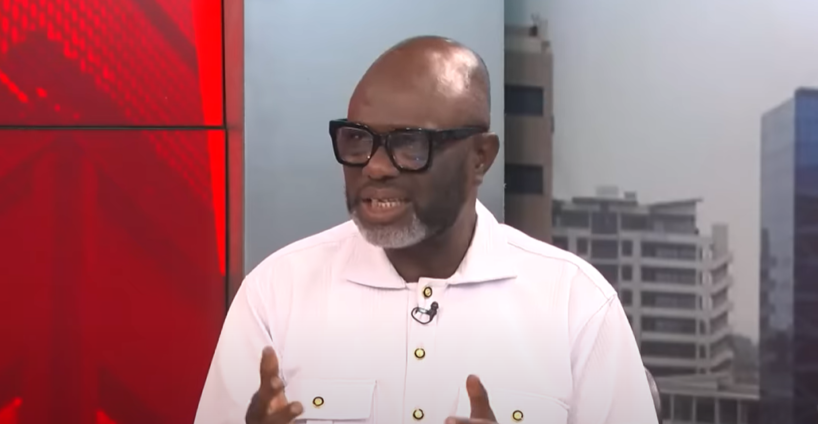The President of the Ghana Union of Traders Association (GUTA), has said that the lack of growth in the private sector is having an adverse effect on the economy.
Speaking on The Probe on JoyNews, Dr Joseph Obeng said that the current economic crises, cedi depreciation and taxation have all contributed to the slow growth of the private sector.
“It is very important to note that the private sector is supposed to be the engine of growth, but we are not growing, as expected. If that is so, then the economy will also not grow. It is very important to create the enabling environment for us to achieve this growth that we so seek. That is the problem of Ghanaian businesses and even the larger economy,” he said.
Dr Obeng said that the private sector needs space to grow, adding that many businesses are being “overtaxed” and are unable to sustain their growth because the cost of doing business has increased significantly.
He told programme host Blessed Sogah, on Sunday, that the situation goes against the government’s aim of moving from taxation to production.
“So if the government knows this, for this reason, in 2017, they removed what they called the nuisance taxes, now the nuisance taxes are coming in different forms and shapes, including the COVID-19 level. It should be out of the table. We don't need it,” the GUTA president said.
“The COVID-19 levy came to solve a problem and because we all wanted to manage the COVID pandemic, we agreed to it. So, once it (Covid) is not there, I mean, it is only right that we take it off the table. We also have a special import levy that came because the previous government needed some push.”
“And we also accepted and they brought some sunset clauses. So, if this thing goes on, it means that we are not going to have confidence in leadership when they come and appeal for some of these things,” Dr Obeng said.
He added that since the last quarter of 2022, businesses have been suffering, with many losing a substantial amount of their capital while others are unable to import.
Dr Obeng stated that “the expectation of businesses is that we seek the reduction of taxes and then pruning down the cost of doing business so that we become competitive.”
Latest Stories
-
‘Write for World’ graduates 30 females in entrepreneurship and fashion design programme
15 minutes -
Police escort vehicle somersaults in near-fatal crash near Binduri
21 minutes -
Sir Sam Jonah commends Mahama as he backs youth leadership to transform Ghana
49 minutes -
“I was a labourer in the Obuasi mines” – Sir Sam Jonah shares humble beginning
2 hours -
Embrace the ‘F word’; Failure is the path to success – Sir Sam Jonah
2 hours -
Build relationships that matter – Sir Sam Jonah advises Ghanaian youth
2 hours -
Africa doesn’t need more people with power, money or fame but character – Sir Sam Jonah
5 hours -
Celebrating Melvina Amoafo: A Legacy of excellence in Ghana’s capital market
6 hours -
Restoring Meritocracy: A path to effective governance in Ghana
6 hours -
Relief as Agavedzi Sea Defence Project officially begins
6 hours -
Engr. Kwame Adu-Mante celebrates professional milestone with IET Ghana
6 hours -
Elizabeth Amoaa’s quest to empower women, transform lives and raise voices
10 hours -
Gauff beats Sabalenka to win French Open title
10 hours -
Deputy Finance Minister urges diasporans to continue sending remittances despite cedi appreciation
10 hours -
Asante Mamponghene’s burial rites attract thousands of mourners
11 hours

